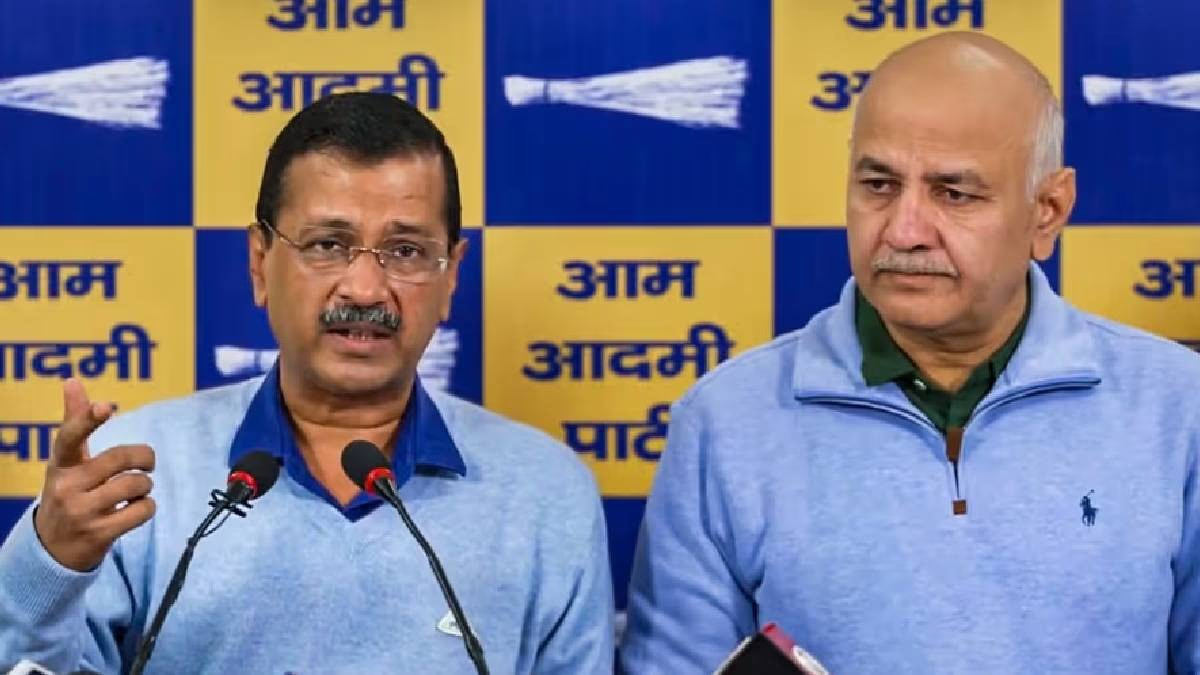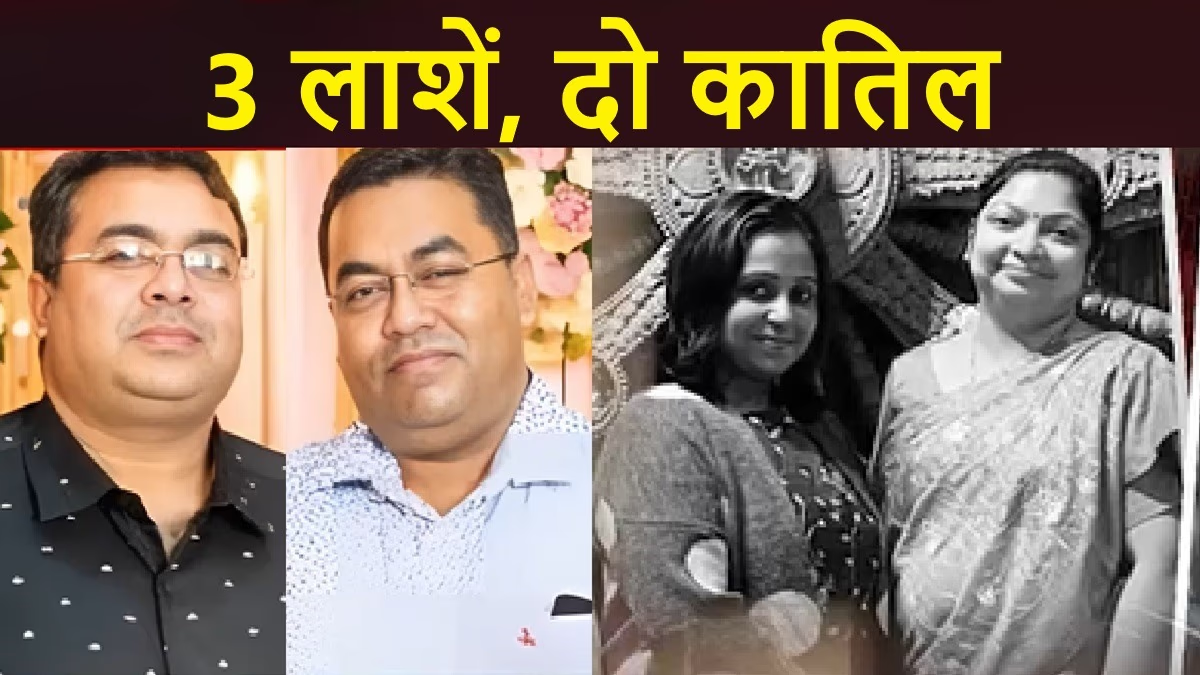The Chief Minister of the Delhi Assembly, Rekha Gupta, laid the CAG report related to alleged irregularities in the excise policy before the house on Tuesday. This report will now be forwarded to the PAC (Public Accounts Committee) for further action. The PAC will deliberate on this CAG report and submit its findings to the Speaker of the Assembly.
The Speaker of the Assembly, Vijender Gupta, stated that a PAC will be formed to review the CAG report, comprising 12 members. Members will include representatives from both BJP and AAP parties.
PAC to Submit Report to Assembly Speaker
Based on the revelations of the CAG report, the PAC will investigate the alleged liquor scam and prepare its findings. The committee will recommend actions against those found guilty based on this investigation. The PAC will then submit its report to the Delhi Assembly Speaker, who will decide on potential actions against those responsible for the financial losses to the treasury.
Additionally, summons could be issued to individuals involved in the drafting and implementation of the excise policy, including former CM Arvind Kejriwal, the previous AAP minister from the Group of Ministers for excise policy, officials, and private individuals.
What is PAC?
The Public Accounts Committee (PAC) is a committee of selected members of Parliament established to audit the revenue and expenditure of the Indian government. Similar procedures are followed for establishing PACs in state assemblies, including legislators from both ruling and opposition parties as members.
The CAG report has highlighted significant financial losses amounting to thousands of crores due to a liquor scandal in Delhi. Various exemptions in the excise policy led to rule violations, resulting in substantial losses for Delhi.
Amid growing scrutiny, the outcome of the PAC's analysis will be pivotal in determining the accountability and subsequent actions against responsible parties.




